These are all the projects in which I participate or have participated in the past. This list is a work in progress, so please note that it is incomplete 😳
AIDOaRt – AI-augmented automation supporting modelling, coding, testing, monitoring and continuous development in Cyber-Physical Systems
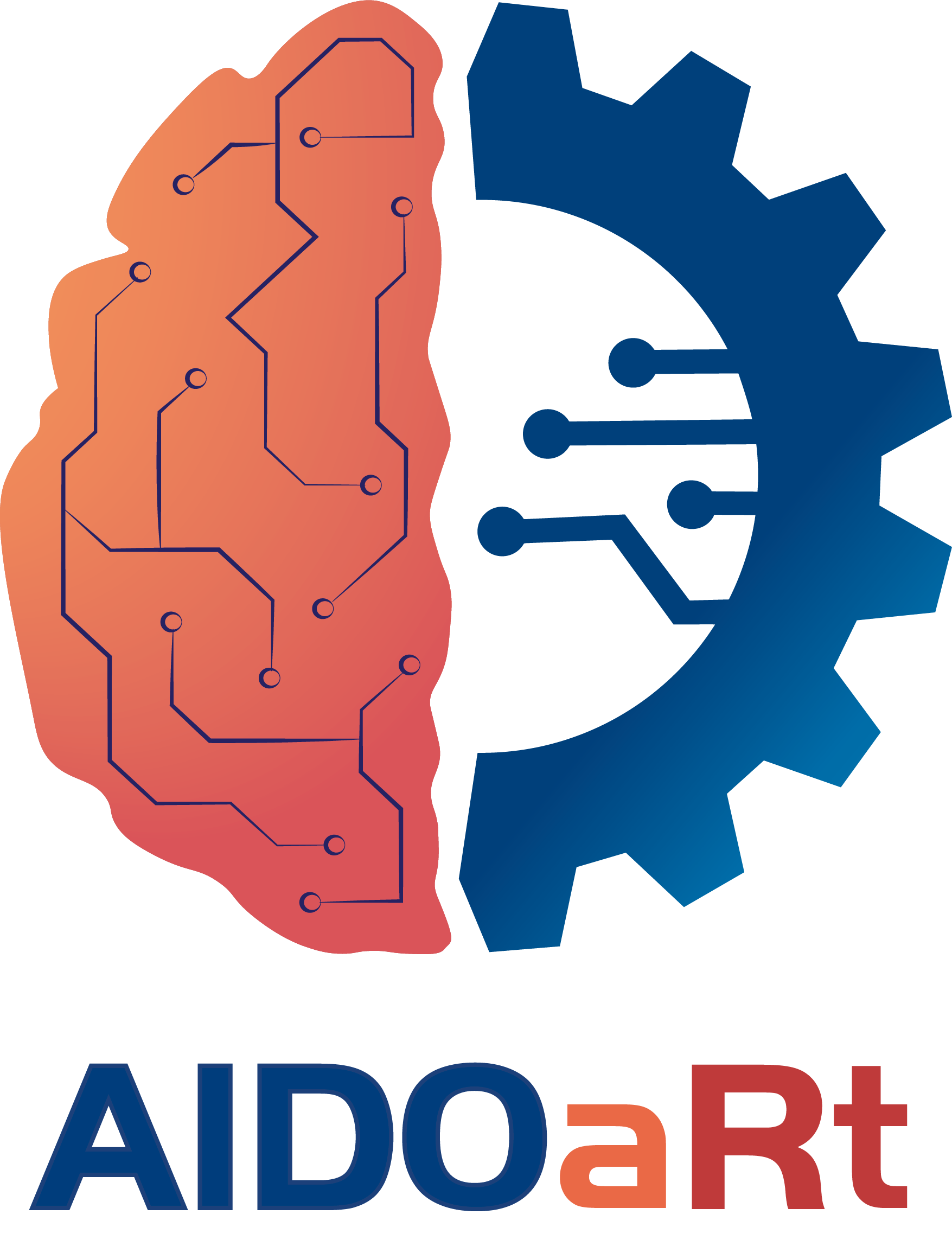
Artificial intelligence (AI) technologies and AI-augmented automation support can be used to improve the continuous development of cyber-physical systems (CPSs). However, despite considerable interest in AI technology, few resources are being allocated for their improvement. Thus, the EU-funded AIDOaRt project aims to efficiently support requirements, monitoring, modelling, coding, and testing activities during the CPS development process. The project proposes the use of model-driven engineering (MDE) principles and techniques to provide a model-based framework offering proper methods and related tooling. The global AIDOaRT infrastructure aims to work with existing data sources, including traditional IT monitoring, log events, applications and more.
Tell me more…MegaM@Rt2 – A scalable model-based framework for continuous development and runtime validation of complex systems
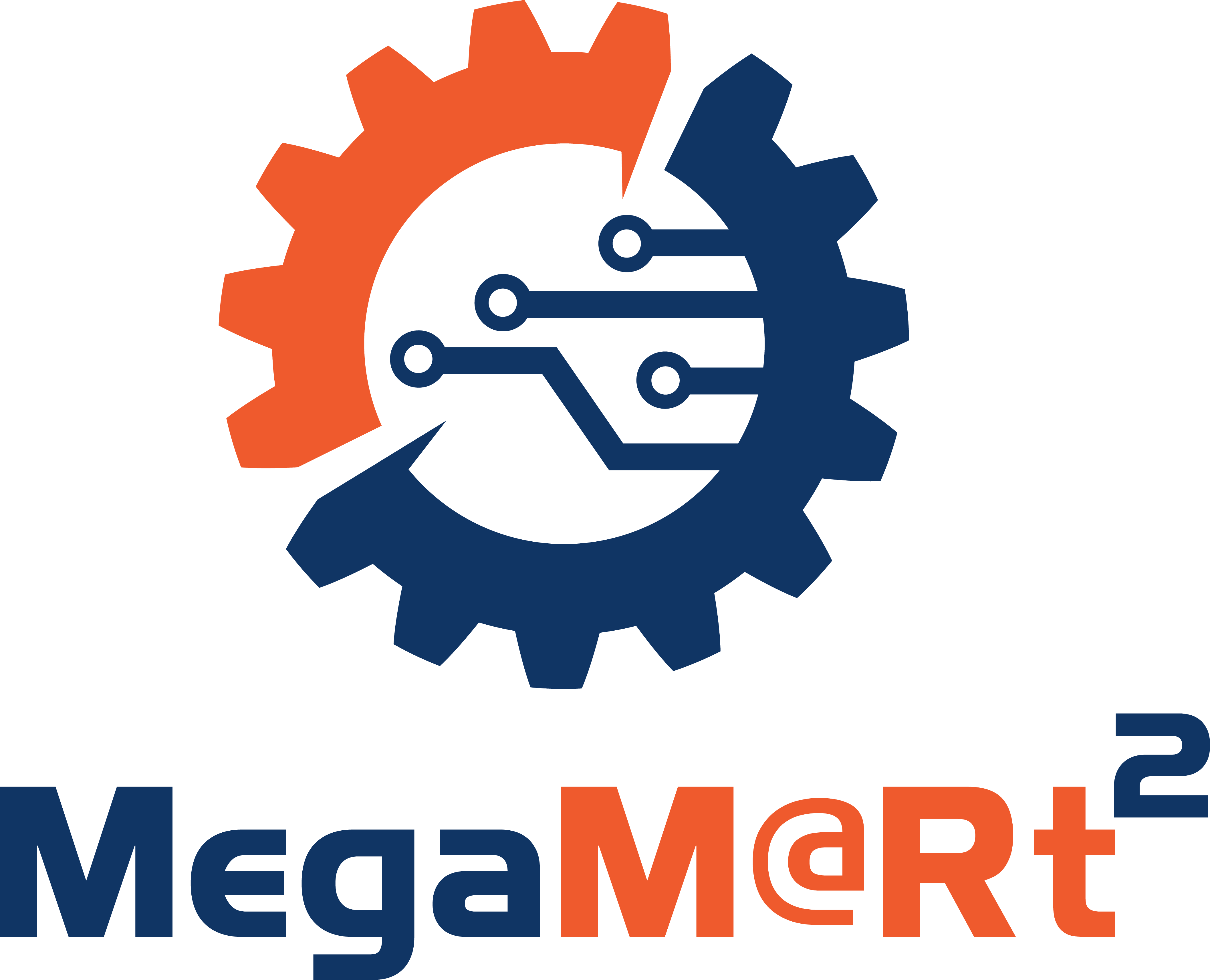
The overall approach of MegaM@Rt is to scale up the use of model-based techniques by offering proper methods and related tooling interacting between both design time and runtime, as well as to validate the designed and developed approach in concrete industrial cases involving complex systems. Thanks to the model-based method, different systems will be able to communicate through the entire development chain, and moreover it will be possible for systems in operation to feed back the collected data for continued development.
Tell me more…MDE – National Network on Model-driven Engineering
The spanish MDE network aims to consolidate the MDE community by bringing together research groups and companies and exploring the main scientific and technical challenges in this area: scalability, usability, construction and integration of tools, new application fields, etc. This network has two main priorities. First, to promote the scientific excellence of the MDE community, e.g., by expanding international collaborations and projects. Secondly, to consolidate the adoption of MDE technologies at industrial level, through initiatives such as the realization of industrial doctorates or the participation in business clusters and technological platforms.
Tell me more…ODA – Open Data for All
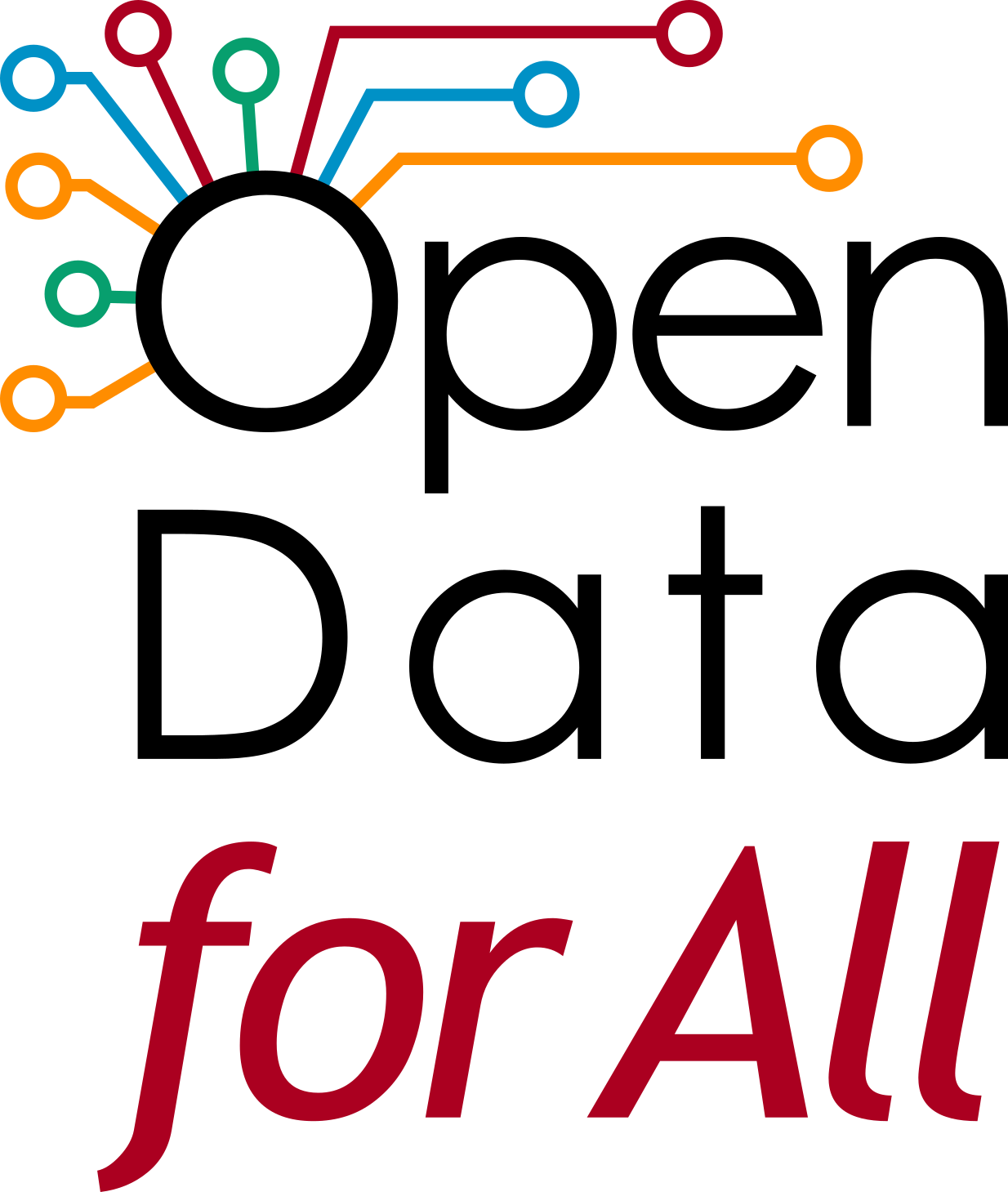
This research project aims to empower all citizens to exploit and benefit from the open data, helping them to become not only consumers but also creators of data that add new value to our society. In this sense, the project will automatically infer a unified global schema of the knowledge available in open data sets and present that schema to the average citizen in a way she can easily browse and query to get the information she needs. This request will be then transparently translated into a combined sequence of accesses to the required data sources to retrieve, visualize and republish it (if desired). When several data sources could be used (e.g. due to an overlap in the exposed data) quality aspects of the source or even monetary costs (some sources may be only partially free) will be taken into account to provide an optimal solution.
Tell me more…DICE – Developing Data Intensive Cloud Applications with Iterative Quality Enhancements

DICE is the first open source framework for quality-aware DevOps for Big Data applications. With DICE, software vendors and developers can efficiently prototype new data-intensive applications at low cost, quickly creating business cases and proof-of-concepts for Big data technologies.
DICE is a research collaboration among 9 leading organizations in European universities and SMEs, sponsored by the Horizon 2020 programme.
Tell me more…MONDO – Scalable Modelling and Model Management in the Cloud
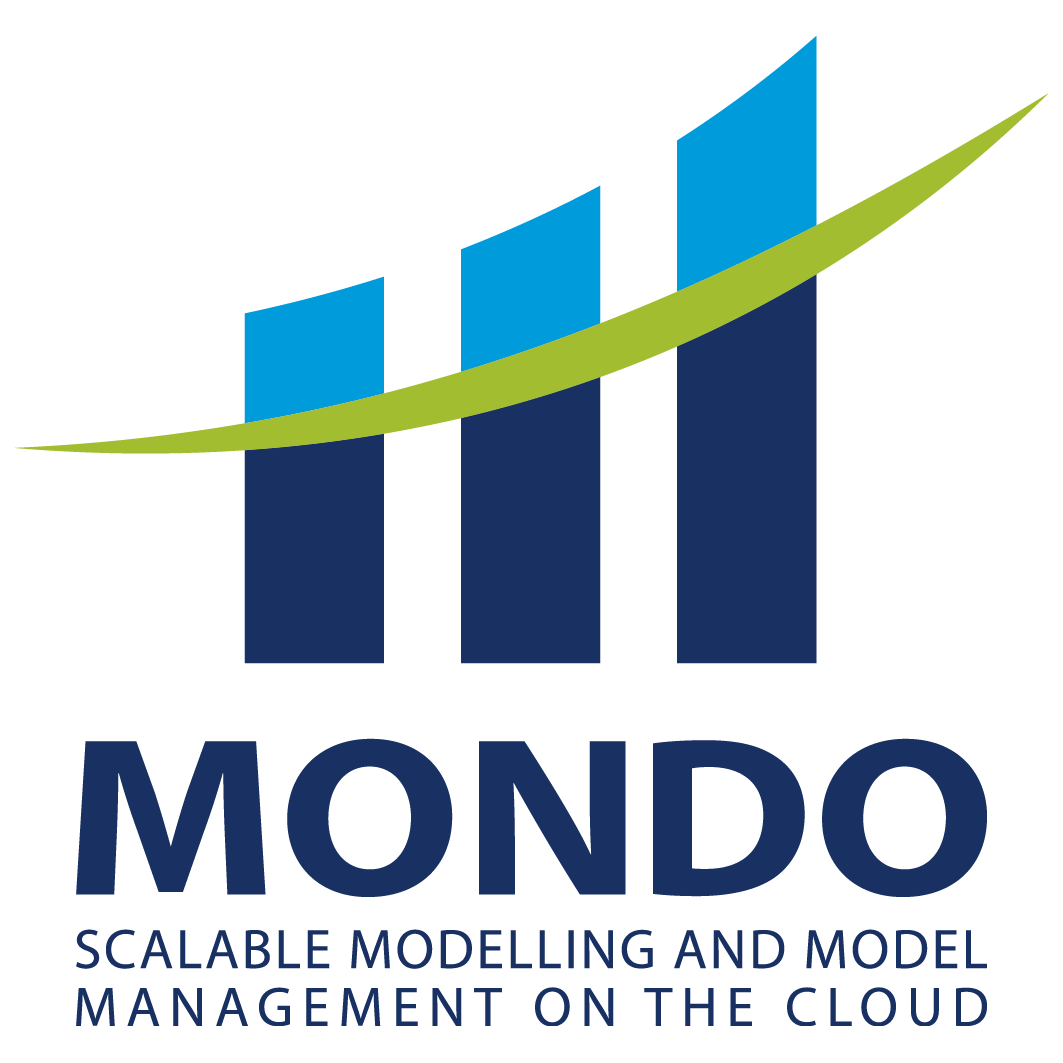
The aim of MONDO has been to tackle the increasingly important challenge of scalability in MDE in a comprehensive manner. Achieving scalability in modelling and MDE involves being able to construct large models and domain specific languages in a systematic manner, enabling teams of modellers to construct and refine large models in a collaborative manner, advancing the state-of-the-art in model querying and transformations tools so that they can cope with large models (of the scale of millions of model elements), and providing an infrastructure for efficient storage, indexing and retrieval of large models.
Tell me more…ITM Factory – Information Technology Modernisation Factory
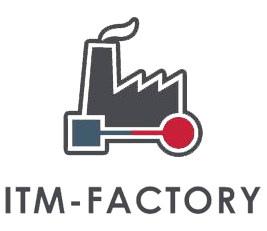
Application maintenance represents about 80 per cent of the computer market (at the French and global level). The challenge of software maintenance is to keep running applications with technologies that are no longer required to be maintained and with changing development teams and whose skills are not always validated on ancient languages. The main goal of the ITM Factory is to propose a software modernization framework, based on the ModDisco project and including: (i) an integrated workbench for software modernization engineers and (ii) a set of ready to use modernization cartirdges, i.e., a solution brick that meets a business challenge level, as opposed to a technical bricks that provides technical solutions that are integrated into a business solution.
Tell me more…TIPex – Information Technologies for the Planning and Training of Emergency Situations
The main purpose of TIPex is to study different information technology techniques in order to ease both the elaboration and the training of emergency plans based on the use of scenarios. The use of such techniques will allow the collaborative development of emergency plans, the use of rich formats that provide different perspectives of a plan, the exportation and sharing of plans in order to increase their evolution and improvement, the instruction of participants as well as a better interaction, participation and exchange of knowledge. The achievement of all of these objectives will require the definition of a process model that guarantees the collaborative participation of stakeholders, the development of an emergency situation metamodel, the application of advanced interaction models, the development of emergency plans and its training and the development of proofs of concepts with advanced interfaces.
Tell me more…MULTIPLE – Multimodeling Approach for Quality-Aware Software Product Lines
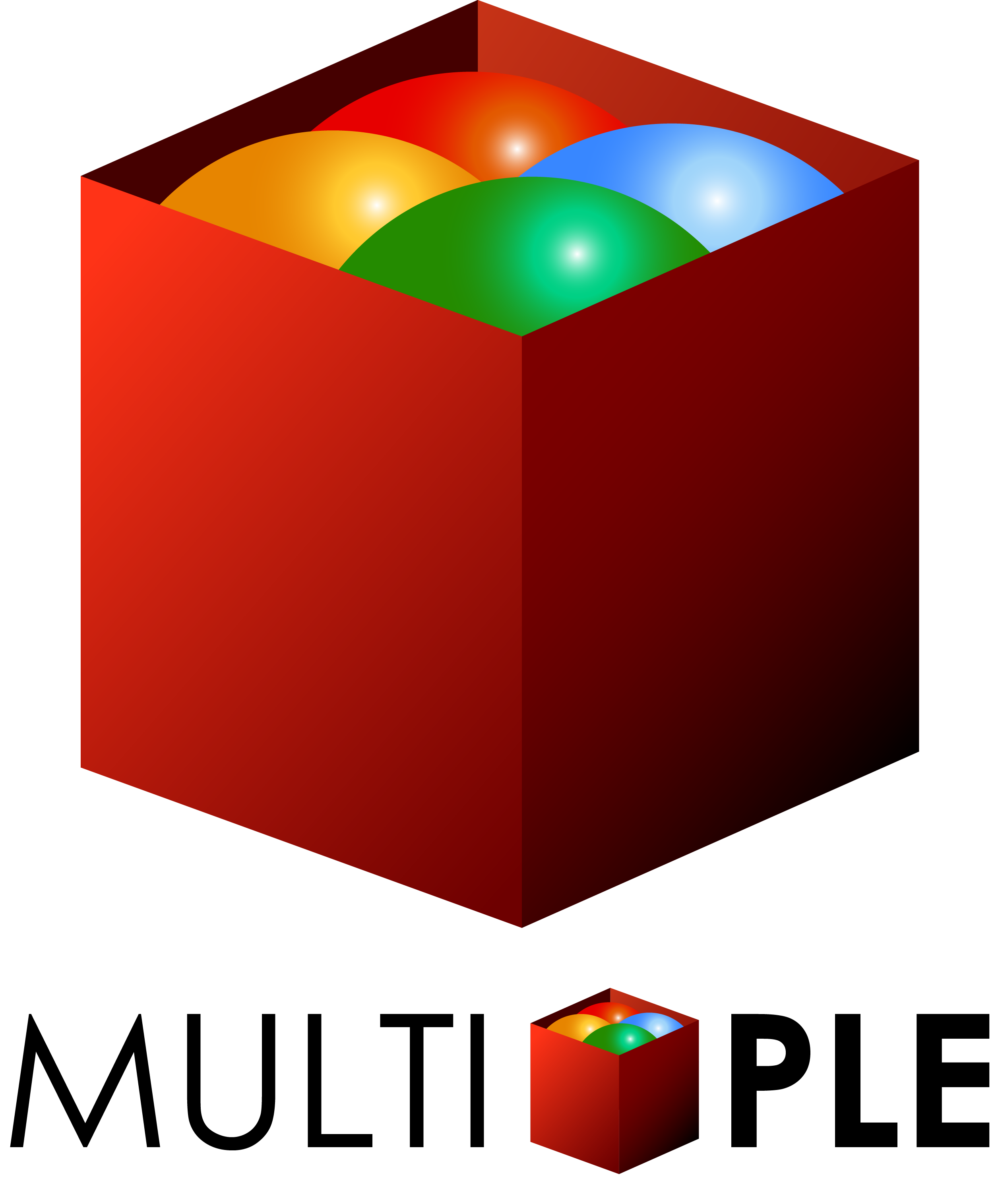
The objective of this project is to define and implement a technological framework for developing high-quality software product lines. This framework is based on the existence of several models or system views (functionality, features, quality,…) with relationships among them. This approach implies the parameterization of the software production process by means of a Multimodel which is able to capture the different views of the product and the relationships among them. This approach lead us to re-consider the problems related to the intra (e.g., consistence of the feature model) and inter-model consistency (eg., correspondence between the feature and the quality models) in a broader and realistic context. In the project, we will use a more expressive logic than the propositional (MEL – Membership Equational Logic) and its operationalization in MOMENT2 as back-end which supports the production and edition of the multimodel as well as the software production (SPL instances).
Tell me more…National Network on Web Services
The spanish network on web services aims to bring together research groups and companies and exploring the main scientific and technical challenges in this area. This network has two main priorities. First, to promote the scientific excellence of the web engineering and web services community, e.g., by expanding international collaborations and projects. Secondly, to spread the adoption of web services technologies at industrial level, through initiatives such as the realization of industrial doctorates or the participation in business clusters and technological platforms.
Tell me more…From Requirements to UML models: A Model-driven Approach
De requisitos a modelos UML: Una aproximación dirigida por modelos
Tell me more…INGENIO – Good Software Engineering Practices for Software Processes Improvement
The INGENIO Project, aims to tackle the business process improvement in an integrated way by providing diverse solutions both methodological and technical ones. In relation to the methodological aspect, the aim is to provide organizations with the necessary means to effectively define their processes by promoting their evolution faced with changing environments and their flexibility in execution time. Additionally, organizations will be provided with the necessary mechanisms and methods to carry out the measurement of their processes and related artefacts in an effective and consistent way. From the technological perspective, the objective is to provide the necessary means to automate the organizational activities and the communication between automated information systems, for which the MDE approach will be applied and the Service Oriented Computing paradigm will be adopted. These proposals will be based on the application in the business field of Software Engineering techniques whose practical usefulness has been demonstrated in practice.
Tell me more…MDSD – National Network on Model-Driven Software Development (2008)
The spanish MDSD network aims to consolidate the MDE community by bringing together research groups and companies and exploring the main scientific and technical challenges in this area: scalability, usability, construction and integration of tools, new application fields, etc. This network has two main priorities. First, to promote the scientific excellence of the MDE community, e.g., by expanding international collaborations and projects. Secondly, to consolidate the adoption of MDE technologies at industrial level, through initiatives such as the realization of industrial doctorates or the participation in business clusters and technological platforms.
Tell me more…ELEPES – National Network on Software Product Lines
National Network on Maude
The Maude system is an implementation of rewriting logic developed at SRI International. It is based on rewriting logic and has been developed with a heavy emphasis on powerful metaprogramming based on reflection. Despite being developed at the US, Maude has also an important community of Spanish researchers. Thus, this Spanish Maude network aims to foster the collaboration among all these Spanish researchers using Maude. and developing Maude-based solutions.
Tell me more…MOMENT – A framework for Model Management

MOMENT (MOdel manageMENT) which is embedded into the Eclipse platform that provides a set of generic operators to deal with models through the Eclipse Modeling Framework (EMF). The underlying formalism of MOMENT is the Maude algebraic language. In this algebraic setting, MOMENT provides a set of generic operators to manipulate models. MOMENT gives a set of bridges between the EMF and Maude technical spaces by using generative techniques. These technical bridges provide interoperability between an efficient robust environment for algebraic specifications (Maude) and a well-known industrial modeling tool (EMF).
Tell me more…MDSD – National Network on Model-Driven Software Development (2005)
The spanish MDSD network aims to consolidate the MDE community by bringing together research groups and companies and exploring the main scientific and technical challenges in this area: scalability, usability, construction and integration of tools, new application fields, etc. This network has two main priorities. First, to promote the scientific excellence of the MDE community, e.g., by expanding international collaborations and projects. Secondly, to consolidate the adoption of MDE technologies at industrial level, through initiatives such as the realization of industrial doctorates or the participation in business clusters and technological platforms.
Tell me more…PRISMA – Aspect-Oriented Component-Based Software Architectures
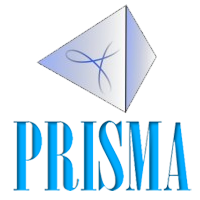
This project will develop a variety of models, languages and CASE tools for the construction of architectural models based on aspects and components as the ones proposed in PRISMA taking also into account quality and security requirements. The metalevel of PRISMA and the reflexive properties of the designed languages will support the evolution of every architectural element, the dynamic reconfiguration of the topology and the adaptation of existing instances to the new structure of a given system. PRISMA is based on algebraic specifications and formal languages (OASIS) that allow compilation and automatic generation code schemas to be implemented. PRISMA will provide a platform for modelling software architectures using visual languages hiding the underlying formalisms that are used when automatically generating code.
Tell me more…